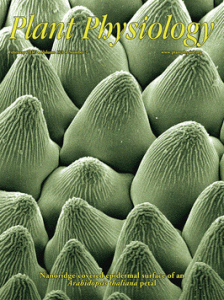 Researchers in China have retracted a paper and corrected three others in a plant journal, citing problems with multiple figures.
Researchers in China have retracted a paper and corrected three others in a plant journal, citing problems with multiple figures.
Lixin Zhang, from the Chinese Academy of Sciences in Beijing, is corresponding author on all four papers, published by Plant Physiology. We’ve reported on three retractions and two corrections from Lixin Zhang and some of the same co-authors, bringing Zhang’s total to five retractions and four corrections, by our count.
According to the retraction notice, the authors agreed to pull the article because of figure-related “irregularities and inappropriate data handling” — but despite these issues, they remain confident that their conclusions are still valid.
Here’s the latest retraction notice, issued this February, for “Cooperation of LPA3 and LPA2 Is Essential for Photosystem II Assembly in Arabidopsis:” Continue reading Plant scientist logs 4 more notices over figure errors
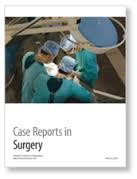 When two surgeons in Greece learned that a patient had developed a rare side effect following weight loss surgery, they were eager to publish the case.
When two surgeons in Greece learned that a patient had developed a rare side effect following weight loss surgery, they were eager to publish the case.
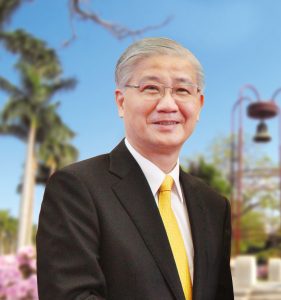
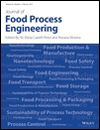 A food science journal has retracted a paper over “a breach of reviewer confidentiality,” after editors learned it contained text from an unpublished manuscript — which one of the authors appears to have reviewed for another journal.
A food science journal has retracted a paper over “a breach of reviewer confidentiality,” after editors learned it contained text from an unpublished manuscript — which one of the authors appears to have reviewed for another journal.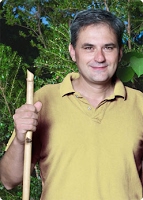
 Ask and ye shall receive: A journal has retracted a 2014 paper by Paolo Macchiarini,
Ask and ye shall receive: A journal has retracted a 2014 paper by Paolo Macchiarini, 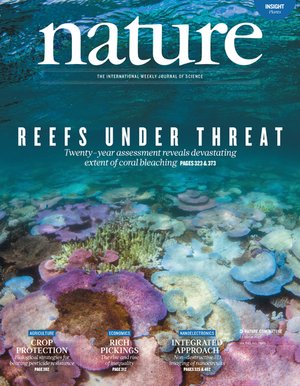 Despite taking some serious hits, a 2006 letter in
Despite taking some serious hits, a 2006 letter in 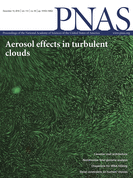 By now, most of our readers are aware that some fields of science have a reproducibility problem. Part of the problem, some argue, is the publishing community’s bias toward dramatic findings — namely, studies that show something has an effect on something else are more likely to be published than studies that don’t.
By now, most of our readers are aware that some fields of science have a reproducibility problem. Part of the problem, some argue, is the publishing community’s bias toward dramatic findings — namely, studies that show something has an effect on something else are more likely to be published than studies that don’t. A scientist who sued his employer for millions of dollars has earned two more retractions, for papers that had already been flagged by the journal.
A scientist who sued his employer for millions of dollars has earned two more retractions, for papers that had already been flagged by the journal.